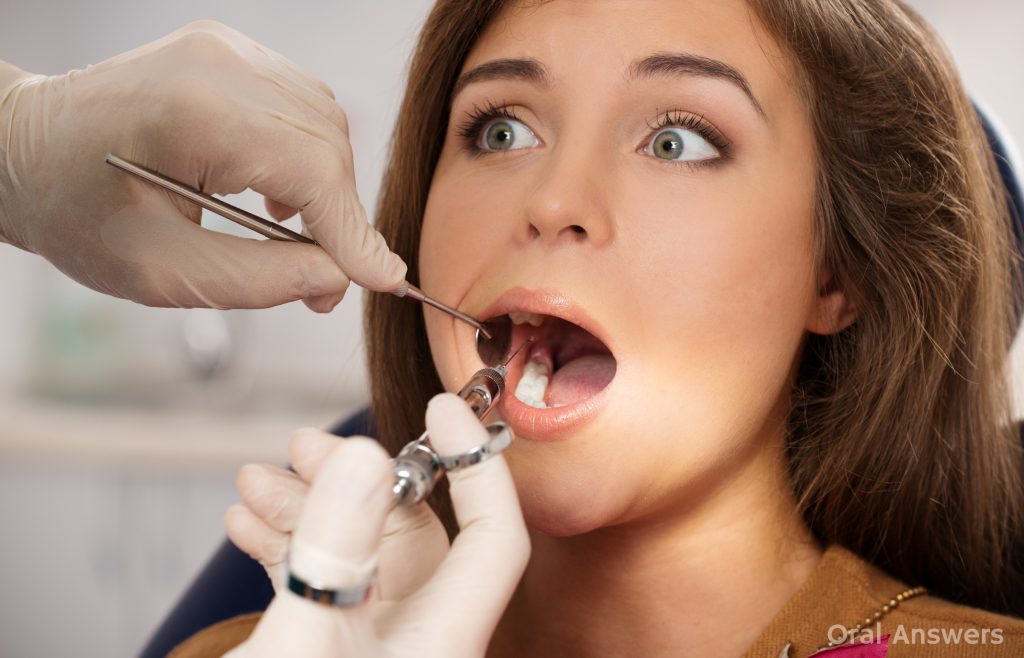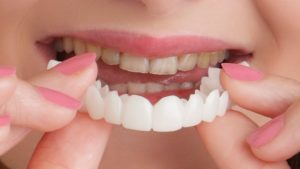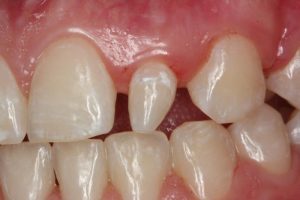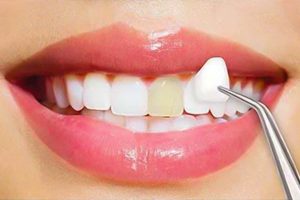Hi,
I need a root canal on two front teeth on my lower jaw. Despite an infection and nerve damage, my dentist cannot get these teeth numb enough for a root canal. He did over 5 injections in my gums and even used a numbing paste, but it still wasn’t enough! He didn’t charge me, but I’m tired of living off painkillers. I need this root canal, but I am not getting numb at dentist. What can I do?
Miranda, from Mexico
Hi Miranda,
Your problem sounds like it’s related to dental anxiety. Research has shown that each time the tooth fails to get numb, anxiety increases substantially. Anxiety counteracts novocain; the higher your anxiety, the more difficult it is to numb your mouth.
Unfortunately, your dentist did not understand the correlation between increased anxiety and the need for more novocain. The dentist needs to write you a script for anti-anxiety medication. You will be instructed to take the medication before your appointment, about 30 minutes to an hour before. No matter the medication, you will need someone to take you to and from the appointment.
Another option is to find a sedation dentist that offers nitrous oxide. The difference between taking anti-anxiety medication before your appointment or getting nitrous oxide is that nitrous oxide will wear off shortly after the appointment. Gentle dentists offer sedation dentistry, as they understand how anxiety-inducing going to the dentist can be.
If your dentist does not offer sedation dentistry, try to find one, and hopefully under their guidance, you can be numb enough to finally get your root canal.
Tooth Won’t Numb for Root Canal:
It’s not unusual for patients to encounter situations where a tooth won’t numb adequately, especially during more intricate procedures like root canals. Several factors can contribute to this, including variations in individual anatomy, nerve pathway complexities, or the presence of infection that may affect the effectiveness of the local anesthetic.
Infected Teeth Won’t Numb:
Many people complain that their infected teeth won’t numb. It poses a unique challenge for achieving numbness. Infections can alter the pH levels in the affected area, potentially reducing the effectiveness of the anesthetic. Additionally, inflammation and swelling can impact the diffusion of the anesthetic agent, making it more challenging to achieve complete numbness.
Novocain Doesn’t Work:
There are instances when Novocain, a commonly used local anesthetic, may not work as expected. Individual variations in metabolism, genetic factors, or even psychological factors can play a role in the efficacy of the anesthetic. Effective communication with your dentist about any history of failed anesthesia or concerns can help tailor a more suitable approach.
What to Do When Novocain Doesn’t Work:
When faced with the perplexity of Novocain not working, proactive communication with your dentist is essential. Dentists can explore alternative anesthetic options, adjust dosage, or consider supplementary techniques like nerve blocks to enhance effectiveness. Open dialogue about any concerns or past experiences can guide the dentist in choosing the most appropriate approach for your unique situation.
Dentist Couldn’t Numb My Tooth:
If you’ve encountered a situation where your dentist couldn’t numb your tooth adequately, it’s crucial to address this concern promptly. Dentists may need to reassess the treatment plan, evaluate any contributing factors, and work collaboratively with patients to find solutions that ensure both comfort and effective dental care.
Some Other Reasons Why Doesn’t Novocain Work on Me?
- Patient Anxiety and Stress: The mind-body connection is powerful, and anxiety or stress can influence the perception of pain. In some cases, heightened anxiety levels can make it challenging for local anesthetics to provide the expected numbing effect. Communicating openly with your dentist about any anxiety or fear can help them adjust their approach, perhaps incorporating relaxation techniques or even sedation dentistry for a more comfortable experience.
- Anesthetic Resistance or Allergies: While rare, some individuals may exhibit resistance to certain anesthetics, including those commonly used in dentistry. Additionally, though allergies to local anesthetics are extremely uncommon, they can occur. If you suspect an adverse reaction or have a known allergy, it is crucial to communicate this information to your dentist to explore alternative anesthetic options.
Ending Thoughts:
In conclusion, the mystery of Novocain not making you numb can stem from various factors, each requiring a tailored approach for resolution. Open communication with your dentist, a thorough evaluation of your dental and medical history, and a collaborative effort in exploring alternative solutions can pave the way for a more comfortable and successful dental experience.
Remember, your oral health is a partnership between you and your dentist, and together, solutions can be found even in the face of the unexpected.








